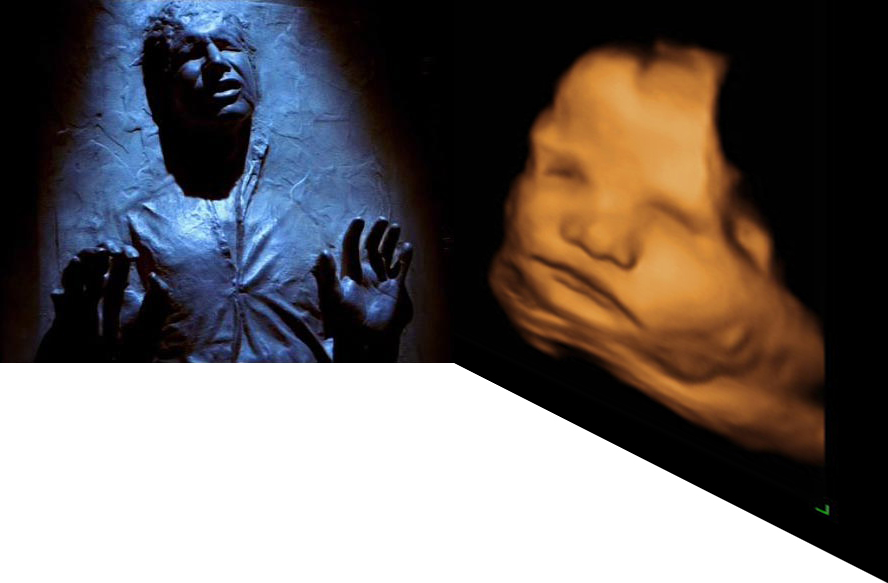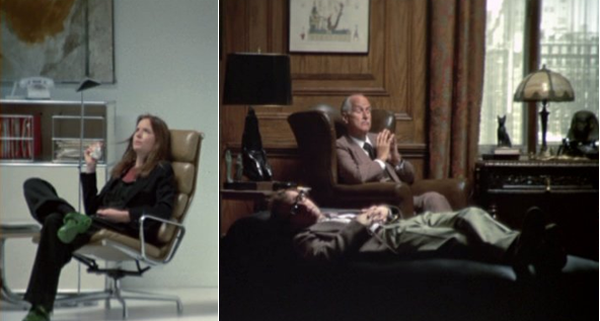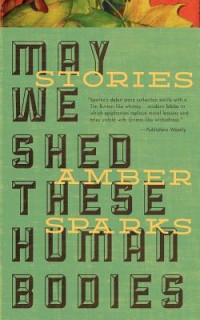
Hey gang, just wanted to spread the word that Heiko Julién‘s 3rd ebook, There Is No Reason for Tigers to Be Beautiful, They Just Are is now online. It’s the first thing from Pop Serial 4 (which is available in print) to be put online. The rest is coming soon, thanks to Chad Redden. Heiko is one of the rare contemporary writers I’m consistently excited about. I vibe with him real hard and maybe you’ll dig him too. An excerpt:
The secret to my Decent Quality of Life?
I spend every moment I’m not eating thinking about the next time I will eat. Creates and maintains tension. This is how I have cultivated bliss within, and yet my greatest strengths are alternately my biggest weaknesses. For instance, I died in a house fire in 2004. Tried to make four toasts in a two-toast toaster.
You need to know: You are in the fight of your life. If you don’t Grow, this fucked up hellscape of a reality we inhabit will ravage your mind/body/soul.
No pressure.
It is no wonder I’ve been a Bad Person and so have you. We’d like to think that’s all in the past now. We are getting older and wiser and less terrified but the stimulus that scares us is getting stronger.
So let’s talk about Bad People: Bad People betray their friends and themselves for no good reason because they have too much fear they’ve chosen to ignore rather than confront. On a seemingly related but unrelated note, this world has betrayed me, so I am commenting on youtube vids, lamenting the death of Good Music. Forsaken by a world that has abandoned me, I wander into my bathtub and drown. It was already filled from a previous bath. (Cold and gross.)
The fact remains that the majority of my youth is gone and I spent a lot of it being upset. Considering suicide as a means of avoiding future work and general discomfort, yet I look at you in your cargo shorts and think, “you are not going to make it, probably.” I think this because I am a survivor and am also into men’s fashion.
Animals are doing all kinds of crazy things to survive and so are you. You bought your daughter a Justin Biebre CD and listened to it to try to feel Good. Incidentally, I still cannot get over the fact that there are animals that live underwater.
You aren’t allowed to commit suicide until your mom has died. These are the rules. I don’t make them. Living is better than not living, even though it’s painful a lot of the time. Just make plans for the future. You don’t even have to do them.
When you are having a serious problem and there’s no one you can talk to about it because they wouldn’t understand, that’s when you’re You.




 May We Shed These Human Bodies
May We Shed These Human Bodies
